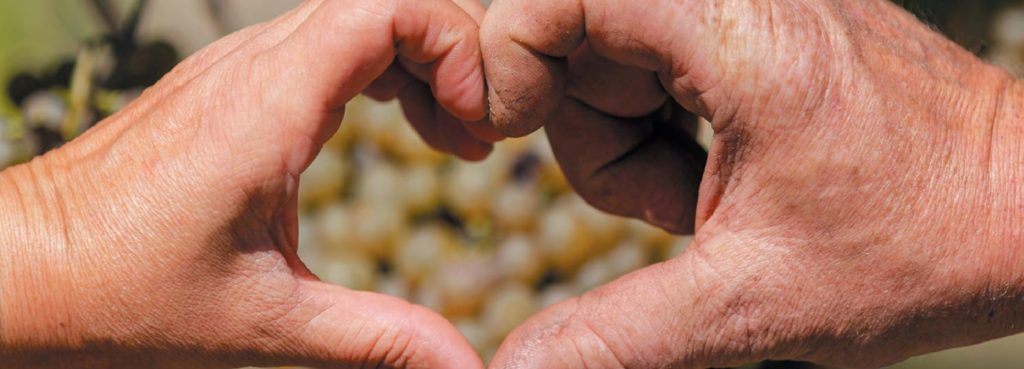Beyond doubt, the traditions of wine-making make up an essential part of Hungary’s national heritage. In the whole of Europe – among the languages still spoken today – only the Greek and the Hungarian language have a distinct, own word for wine (krasí and wine). The other wine-making countries use a version of the Latin word ‘vinum’, or a word that has its origin in this word.
By means of their ancient alphabet, the Hungarians – back in the Ancient Times – registered the words szőlő (grape), bor (wine) and áldomás (pledge). As most of the layers of the Hungarian culture show a synthesis of influences coming both from the West and the East, similar interconnections can be seen in the country’s wine culture as well, whereas it can be stated that some Southern supplements are also present. The history of the Hungarian Plain was basically influenced by two major historical events: one of them is paradoxically the red wine culture that evolved during the Era of the Turkish Occupation, the correctness of which is reinforced by the fact that the light red wine called Cadarca (Kadarka), which was introduced by the Southern Slavs, appeared for the first time. The other historical event which has already become a forgotten fact that at the end of the 19th century 40-60% of the vinelands of Europe was devastated during the vine-pest (Phylloxera) epidemic. Owing to plantations onto the ‘immune’ sandy territories containing 85% quartz, however, Katona Zsigmond, Mathiász János and Kocsis Pál managed to virtually turn sand into gold and they succeeded in improving a wide range of new and precious grape types and were thus capable of making the art of Hungarian wine-growing well-known and respected all over the globe. By now, the mass production of wine established during the era of socialism has been replaced by the attitude of focusing on quality wine production. Our wine culture, which nowadays is experiencing its renaissance, comprises the protection and popularisation of wines as well as their relevant image design processes, their reputation management, the elevation of wine growing and consumption culture as such and last but not least the universalisation of civilised wine consumption as well.

